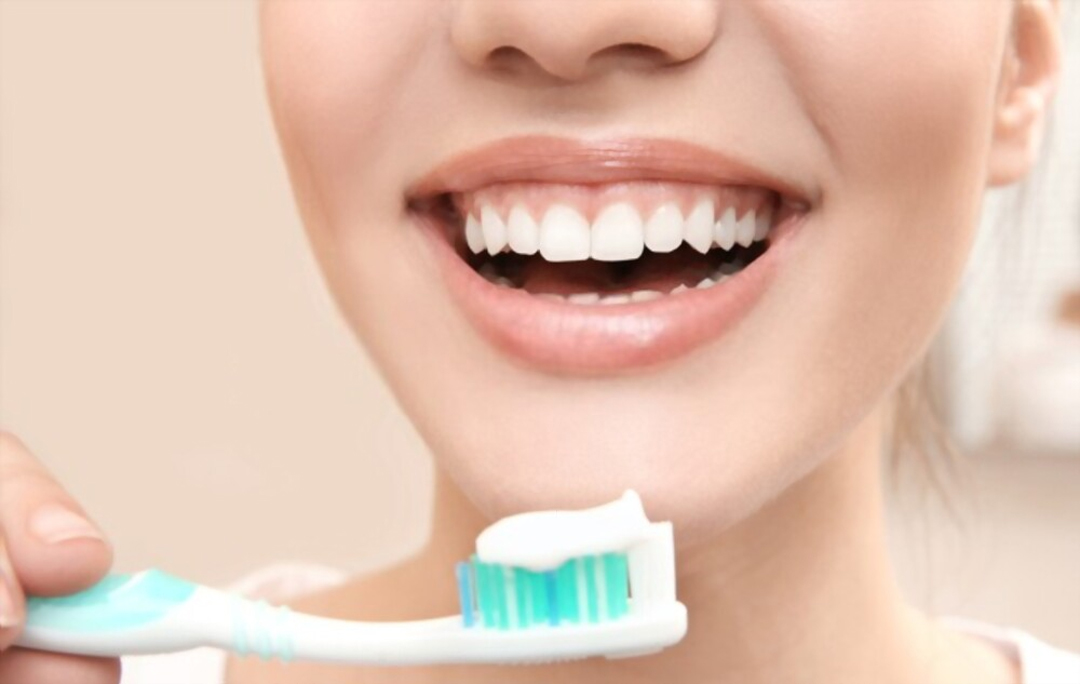
The condition of your gums affects the health of the entire mouth. The gums are essential in maintaining the stability of teeth. Gum disease, which may lead to inflammation, bleeding, and eventually tooth loss, is only some of many oral health problems that can result from disregarding gum health.
Renowned dentist Dr. Elstein shared that maintaining healthy gums requires a combination of proper oral hygiene practices like frequent brushing and flossing with a nutritious, well-balanced diet rich in important vitamins and minerals. In this article, we’ll go over the top vitamins and minerals that should be a part of your daily routine for healthy gums.
Vitamin C
Maintaining healthy gums relies in large part on vitamin C, an important ingredient. It’s a potent antioxidant that stops oral germs from wreaking havoc on gum tissue. Maintaining healthy gums depends on collagen, which is produced in large part thanks to vitamin C’s ability to boost its creation. Citrus fruits, kiwi, strawberries, bell peppers, broccoli, and kale are all good sources of vitamin C. As vitamin C is a water-soluble vitamin, it cannot be stored by the body and must be routinely absorbed via the food or supplements to maintain optimal levels.
Vitamin D
The health of your gums, and indeed your whole body, depends on vitamin D, a fat-soluble vitamin. Strong teeth and healthy gums rely on its ability to aid in the body’s absorption of calcium and the subsequent formation of new bone. Vitamin D deficiency has been linked to an increased risk of periodontal disease, a severe type of gum disease that may ultimately result in tooth loss. Moreover, vitamin D’s anti-inflammatory effects may alleviate gum irritation. Vitamin D may be obtained via exposure to sunshine, and it is also present in foods like fatty fish, egg yolks, and vitamin D-fortified dairy products.
Calcium
Calcium is a crucial element for building and maintaining healthy teeth, bones, and gums. It’s also important for the health of your gums’ smooth muscles and the transmission of nerve impulses throughout your body. Several studies have linked insufficient calcium intake to an increased risk of gum disease and, ultimately, tooth loss. Another way in which a lack of calcium might increase the likelihood of tooth loss is by weakening the bones that support the teeth. Dairy products, dark green vegetables, almonds, and fortified foods like orange juice and cereal are all good sources of calcium.
Phosphorus
Bones and teeth, particularly the bones that support the gums, need calcium and other minerals, one of which is phosphorus. It plays a role in the production of energy, cellular development, and repair. Studies have shown that those whose diets are poor in phosphorus are more likely to suffer from gum disease, which may ultimately result in the loss of teeth. Another way in which a lack of phosphorus may influence the health of your teeth is by weakening your bones, which in turn can make your teeth more prone to breaking and even fall out. Meat, fish, poultry, eggs, dairy products, nuts, and whole grains are excellent sources of phosphorus.
Vitamin B Complex
The B vitamins are a class of water-soluble vitamins that help keep your gums, and by extension, your whole body, healthy. Vitamins B2 (riboflavin), B3 (niacin), B6 (pyridoxine), and B9 (folate) are the B vitamins most crucial to gum health (folate). A lack of certain B vitamins has been linked to periodontal disease and inflammation of the gums. Certain B vitamins are included in vitamin B complex tablets, which may help decrease inflammation and prevent gum disease. Meat, poultry, fish, eggs, dairy products, whole grains, leafy green vegetables, and legumes all have high B vitamin content.
Iron
Hemoglobin is the protein responsible for transporting oxygen throughout the body, and iron is a crucial component in its creation. Gums, like all other tissues, need it to grow and stay healthy. Tooth loss is associated with gum disease, and studies have shown that those whose diets are deficient in iron are more likely to suffer from this condition. Inflammation of the gums, brought on by iron deficiency, might increase the risk of bacterial infections. Meat, poultry, fish, beans, lentils, and fortified cereals all contain high amounts of the mineral iron.
Zinc
Zinc is an important mineral for several bodily functions, including proper gum function. Wound healing, immunological function, and protein synthesis are just a few of the numerous biological processes that it contributes to. Gum disease, which may result in tooth loss, is more common in those whose diets are poor in zinc, according to studies. Lack of zinc may also weaken the immune system, making it more difficult for the body to fight against gum diseases. Foods high in zinc content include red meat, chicken, fish, beans, nuts, and whole grains. Nonetheless, zinc supplements may be essential for certain people to get the amount of zinc they need.
Final Words
For optimal dental health, it is necessary to keep your gums in good shape, and this may be greatly aided by a balanced diet. Although while these nutrients may be obtained from eating a healthy, well-rounded diet, supplementation may be required in some circumstances. Healthy gums and teeth may be supported and preserved by a diet high in certain nutrients and supplementation if required.
Comments
comments